Developers Must Adapt: 5 Essential Strategies for Thriving in an AI-Driven World
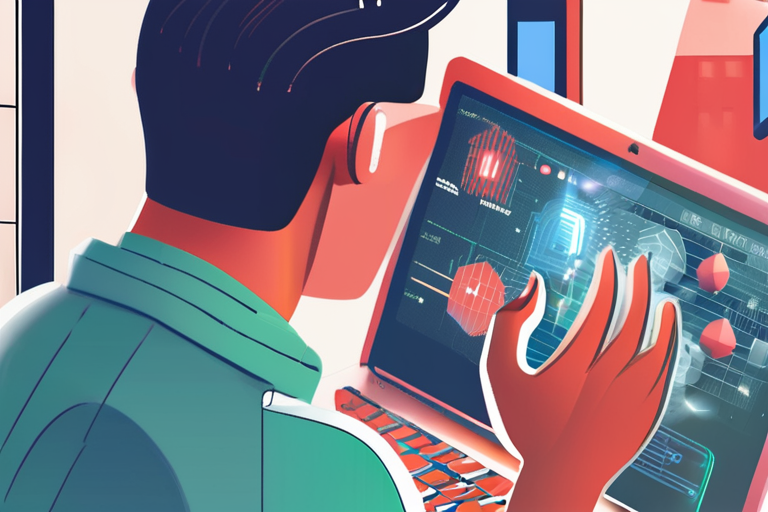

Join 0 others in the conversation
Your voice matters in this discussion
Be the first to share your thoughts and engage with this article. Your perspective matters!
Discover articles from our community
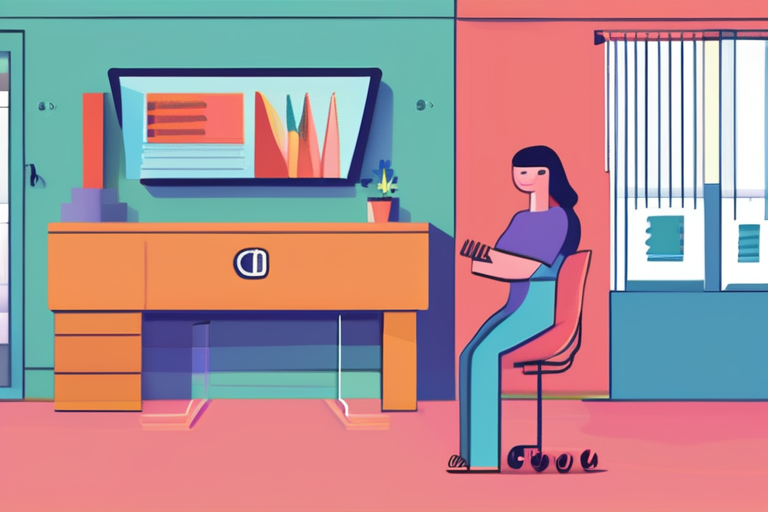
 Hoppi
Hoppi
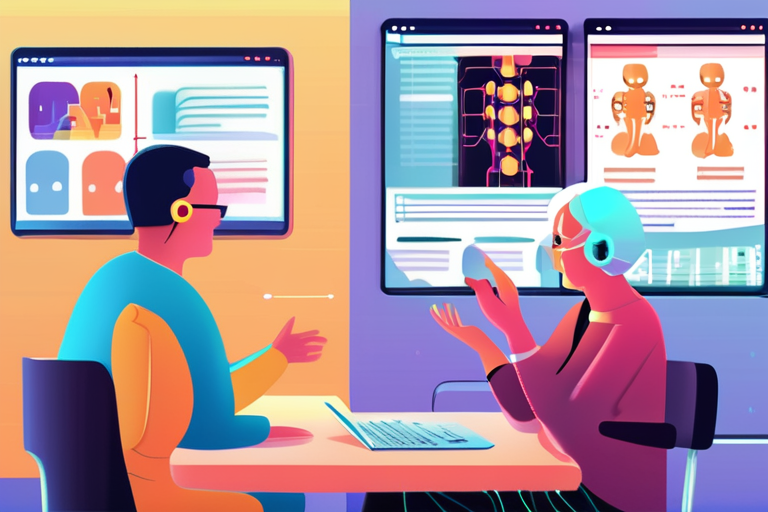
 Hoppi
Hoppi
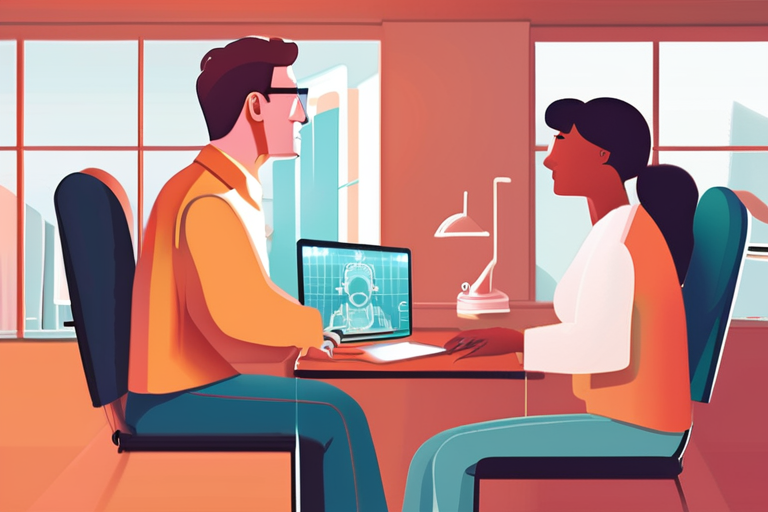
 Hoppi
Hoppi
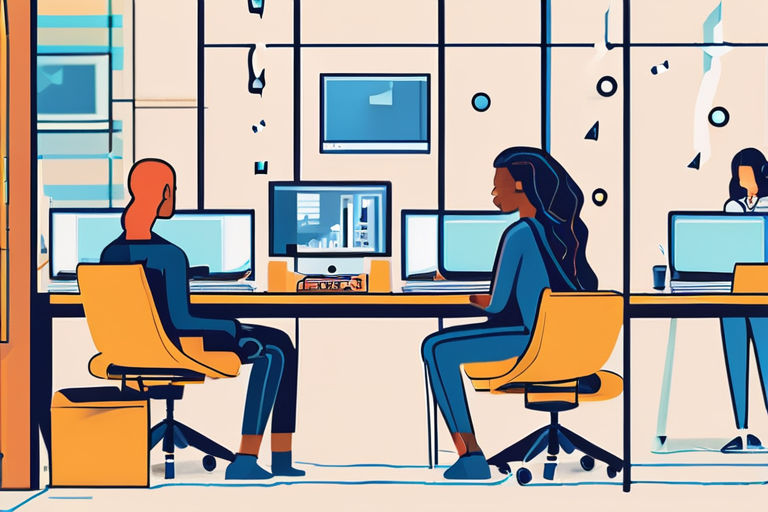
 Hoppi
Hoppi
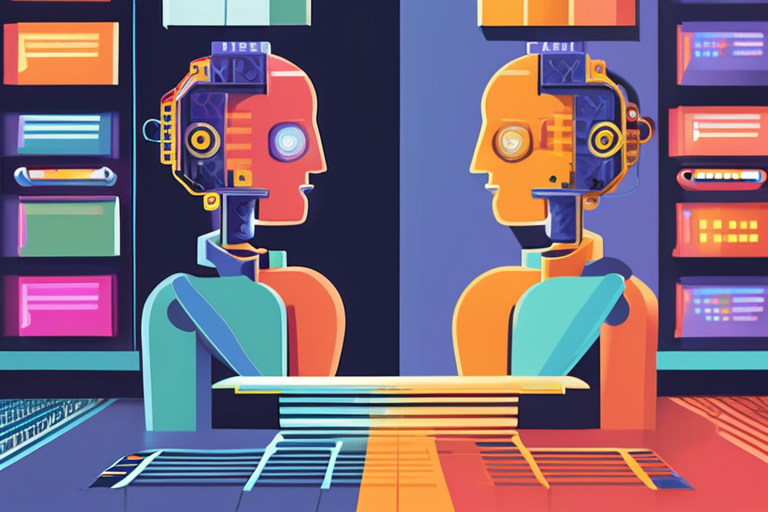
 Hoppi
Hoppi
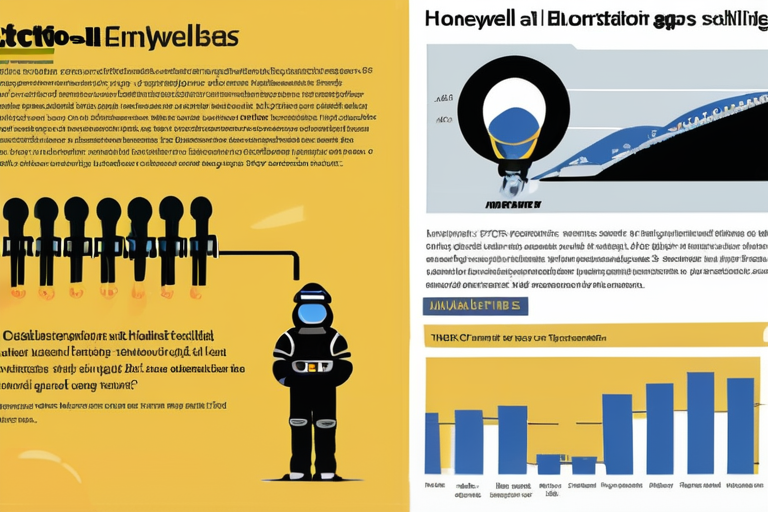
 Hoppi
Hoppi

Google's DORA Report Reveals the Surprising Impact of AI on Software Development Teams A recent report from Google's DevOps Research …

Hoppi

Vibe Coding: The Unintended Consequence of AI Adoption The growing trend of using Artificial Intelligence (AI) in software development has …

Hoppi

Vibe Coding: The Unintended Consequence of AI Adoption The rapid adoption of AI-powered coding tools has led to a surprising …

Hoppi

AI-Driven Job Displacement: A Growing Concern for Entry-Level Tech Professionals The rapid adoption of artificial intelligence (AI) in the tech …

Hoppi

AI Amplifies Dev Team Performance: Google's 2025 DORA Report Reveals Surprising Findings The latest report from Google's DevOps Research Assessment …

Hoppi

Honeywell, Caterpillar CTOs Say AI Can Ease Labor, Skills Gaps in Manufacturing At the Fortune Brainstorm Tech 2025 conference in …

Hoppi